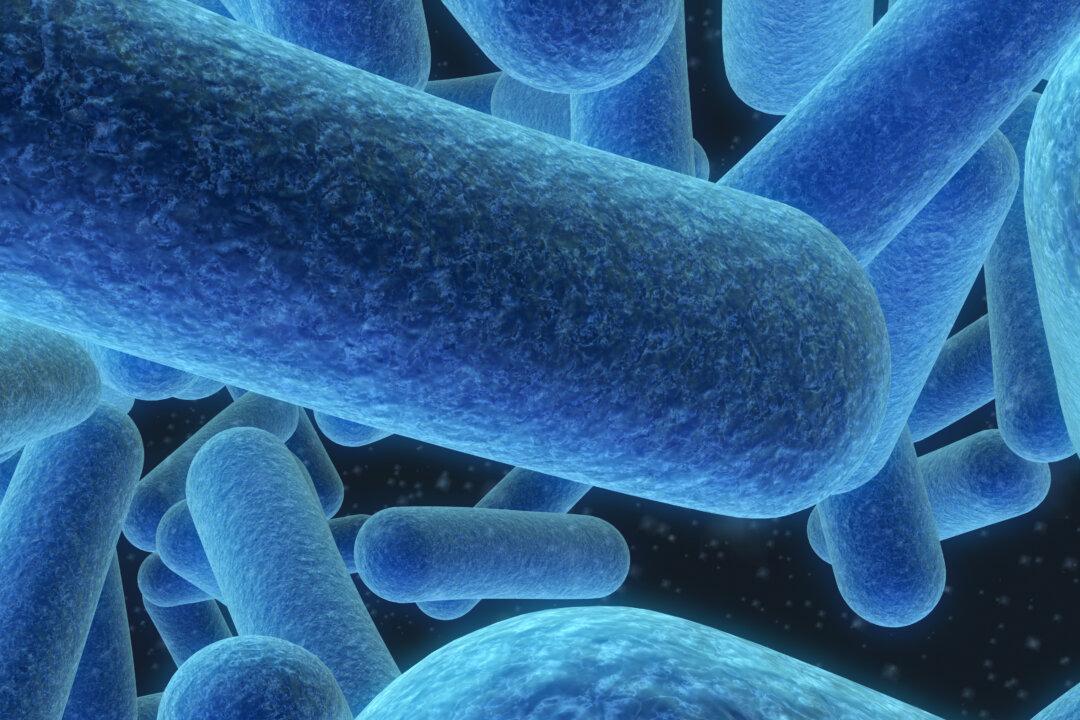In the 21st century, researchers discovered a new organ in the human body. But unlike the heart, brain, lungs, and other previously recognized anatomical structures, this organ isn’t made of human tissue—instead, it consists of trillions of bacteria. It’s called the microbiome.
Our bacterial brethren live throughout our bodies, but the majority of the microbiome, about three to five pounds worth, lives in our intestines. Researchers have linked several intestinal diseases, such as colitis and irritable bowel disease, to an unhealthy imbalance of gut bacteria.






